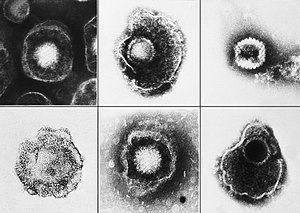Mainstream physicians usually prescribe Acyclovir ointment or other topical medications to treat herpes outbreaks. But new research shows that nature has a better solution.This remedy works faster than any of the mainstream treatments, and with fewer side effects.
Honey has long been regarded as one of the best natural wound healers and infection ?ghters. When a researcher treated patients with Acyclovir for one herpes outbreak and honey for another, overall healing time with honey was 43 percent better than with Acyclovir for sores on the lips and 59 percent better for genital sores.
According to Nutrition and Healing:
“None of the volunteers experienced any side effects with repeated applications of honey, although three patients developed local itching with the Acyclovir.”
Resources:
Nutrition and Healing November 2004
Medical Science Monitor 10(8):MT94-98; August 2004
Related articles by Zemanta
- Homeopathy to Help Treat Herpes (homeopathy.suite101.com)
- Overview of the Early Stages of Herpes on the Mouth (brighthub.com)
- Homeopathic Remedies for Herpes (homeopathy.suite101.com)
- Valtrex as a prophylactic? (ask.metafilter.com)
- Are Warts Related to Herpes? (consults.blogs.nytimes.com)







![Reblog this post [with Zemanta]](https://i0.wp.com/img.zemanta.com/reblog_e.png?w=580)














